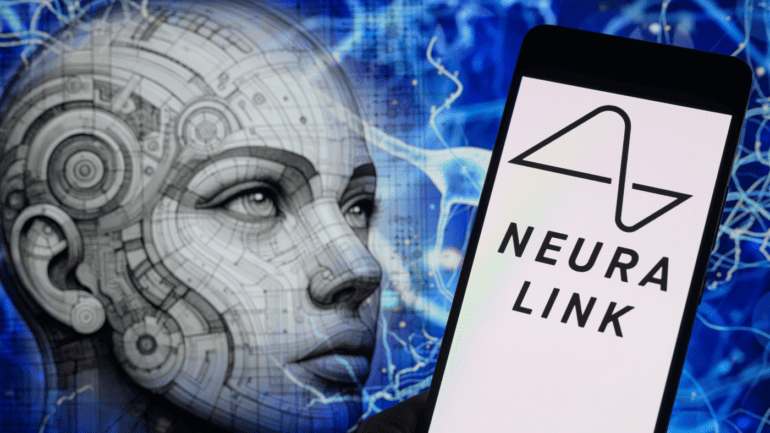Noland Arbaugh was paralysed from the shoulders down after a diving accident eight years ago.
Thanks to a brain computer interface chip he had surgically implanted in January, he is able to play video games simply by concentrating his mind on the screen.
Neural engineering expert Associate Professor Sam John joins The Briefing to explain how this works:
The chip, which is the size of a coin, was developed by Elon Musk’s company, Neuralink.
While the company have said there are still a few problems to work through, this technology promises to give people with severe disabilities a much better quality of life.
Our brains emit signals through neurons, which travel through our spinal cord to inform our muscles to move, but this process is damaged in people with spinal cord injuries.
John says the chip is capable of “closing the loop” on communication between muscles and the brain, giving functionality back to people who have experienced paralysis.
“We can take that [brain signal] and then transmit that to an external device to then control it,” John says.
While incredible, a potentially hackable computer technology comes with its own risks and concerns.
Ethicists are concerned that Neuralink’s profit motive could compete with the interests of those who choose to go under the knife and have a chip implanted.
“All of those devices are susceptible to being hacked,” John says. “What we then have to do is to put in enough layers of protection there to stop that from happening.”
Subscribe to The Briefing, Australia’s fastest-growing news podcast on LiSTNR today. The Briefing serves up the latest news and deep dives on topics affecting you, all in under 20 minutes.
